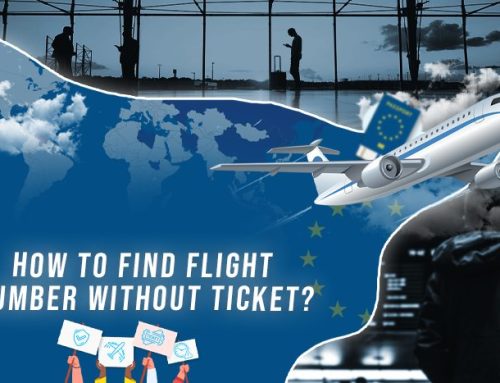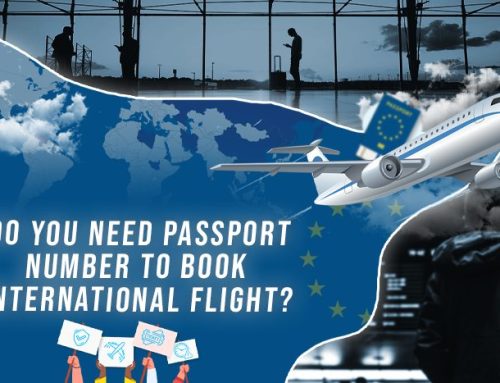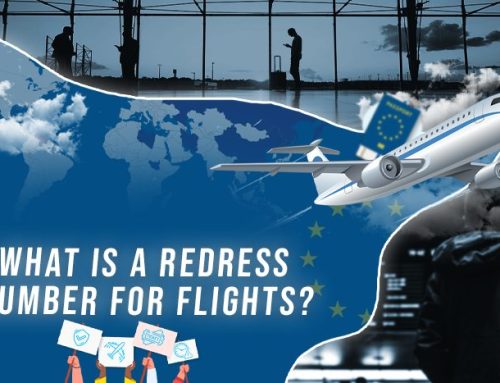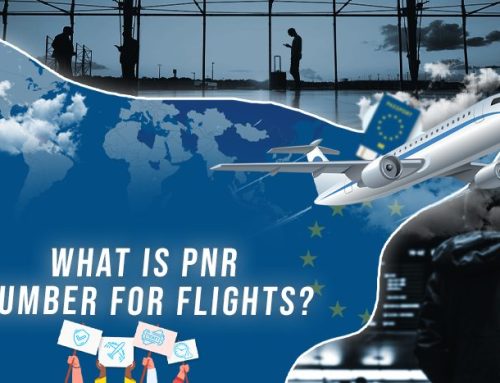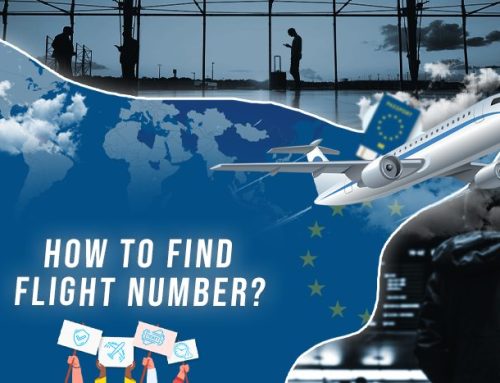EC 261 helps hold airlines accountable for flight issues that are within their control, but they have an out if something happens that they can’t control. These are called extraordinary circumstances, and they are not covered under EC 261, meaning if you face any of them, you will not get additional compensation. Do air traffic control strikes qualify as extraordinary circumstances? What are they really? The answers to these questions and more are below.
Key Takeaways
- Extraordinary circumstances, such as air traffic control strikes, weather conditions, and security risks, are situations that airlines cannot control. Passengers should be aware that these events are not covered under EC 261, but airlines often offer assistance during such disruptions.
- Air traffic control strikes are considered extraordinary circumstances because air traffic controllers are not employed by specific airlines. While passengers may not be entitled to compensation under EC 261 during such strikes, airlines typically take measures to minimize the impact on travelers.
- EC 261 provides compensation for flight issues that are within the airline’s control, such as scheduling problems, crew shortages, maintenance issues, and overbooking. The compensation amount varies based on flight distance, ranging from $280 (€250) to $700 (€600) per passenger.
- To claim compensation under EC 261, passengers must file a claim with the airline, providing documentation of the flight issue. Airlines do not automatically credit passengers, so it’s essential to take proactive steps to seek compensation.
- Passengers should be aware of their rights under EC 261 and stay informed about the regulations that protect their interests. Being informed and proactive can help travelers navigate flight disruptions more effectively.
Do Air Traffic Control Strikes Count as Extraordinary Circumstances?
Air traffic control are some of the most important people at the airport. They make sure the lanes are clear so planes can safely land and take off. If they aren’t there, flights simply can’t happen. Because they are employed by the airport and not one specific airline, they do qualify as extraordinary circumstances.
The airlines cannot control employees who are not employed by them. When the air traffic control staff are on strike, the airline loses money just as the airport does, so it’s in everyone’s best interest to avoid a strike when possible. Often, negotiations will happen before to mediate and reach a deal. A strike is a last resort by the air traffic controllers to try to feel heard.
If an air traffic control strike is happening, airlines will need to reschedule flights or offer full refunds, depending on your preference. They are not required to offer additional compensation under EC 261, though often airlines will give passengers additional vouchers and credits as a gesture of goodwill.
What Else Counts as Extraordinary Circumstances?
Air traffic control isn’t the only scenario that counts as extraordinary circumstances. There are other cases that will not be covered by the airline. They include:
- Weather conditions, including tornados, ice storms, hurricanes, heavy snow, natural disasters, etc. This does not include regular weather occurrences like rain.
- Other airport employee strikes.
- Air traffic control restrictions, including runways shut down and additional airport issues that impact flight safety.
- Political instability and other security risks.
If the safety or security of the passengers or airport crew is at risk, it will typically qualify as an extraordinary circumstance. Airlines want to make sure all get to their destinations the same way that they left them so they will not take undue risks to avoid going off schedule.
What Does Qualify Under EC 261?
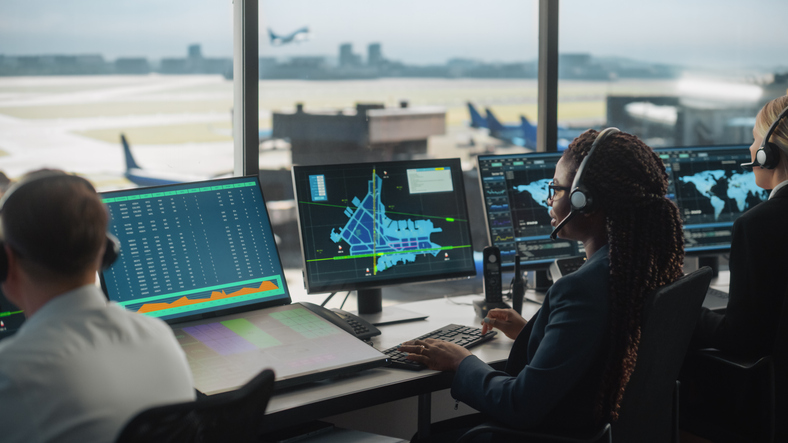
Now that you know what doesn’t qualify under EC 261, what does? Well, flight issues like scheduling, crew shortage, routine plane maintenance, and overbooking can all get you compensation under EC 261. Depending on how long the issue is and where it was, you could get up to $700 (€600) per passenger for your inconvenience.
- Flights 1,500 km or less: $280 (€250)
- Flights more than 1,500 within the EU: $450 (€400)
- Flights between 1,500 and 3,500 km not within the EU: $450 (€400)
- Flights more than 3,500 km: $700 (€600)
In order to get this compensation, you must file a claim with the airline. They will not automatically credit you, even if they are accountable under the regulation.
To file a claim, simply navigate to your airline’s online support or call their customer service team. Share your reference information and any documentation you have proving the flight issue was in their control. They will review your claim and if approved, compensate you up to $700 (€600) for the problem.
Conclusion
Air traffic control strikes count as extraordinary circumstances because they are not in the airline’s control. The staff don’t work for them, so they cannot play a role in their striking behavior. You may be able to get compensation from the airline as a goodwill gesture, but ultimately, you are not covered under EC 261.
Frequently Asked Questions
-
What is EC 261, and how does it benefit passengers?
EC 261 is a European regulation that outlines passenger rights and compensation for flight disruptions. It benefits passengers by providing compensation for issues within an airline’s control.
-
Do air traffic control strikes count as extraordinary circumstances under EC 261?
Yes, air traffic control strikes are considered extraordinary circumstances because air traffic controllers are not employed by specific airlines. However, passengers are typically not entitled to compensation under EC 261 during such strikes.
-
Are there other examples of extraordinary circumstances that are not covered by EC 261?
Yes, other examples of extraordinary circumstances include severe weather conditions (e.g., hurricanes, snowstorms), strikes by other airport employees, air traffic control restrictions, and political instability or security risks.
-
What flight issues are covered under EC 261 for compensation?
Flight issues covered under EC 261 include scheduling problems, crew shortages, routine plane maintenance, and overbooking. The compensation amount varies depending on the distance of the flight.
-
How much compensation can I receive under EC 261?
The compensation amount under EC 261 varies based on the distance of the flight:
- Flights 1,500 km or less: $280 (€250)
- Flights within the EU over 1,500 km: $450 (€400)
- Flights between 1,500 and 3,500 km outside the EU: $450 (€400)
- Flights over 3,500 km: $700 (€600)
-
Is compensation under EC 261 automatic, or do I need to file a claim with the airline?
Compensation is not automatic. Passengers must proactively file a claim with the airline, providing documentation of the flight issue and relevant information.
-
How can I file a claim for compensation under EC 261?
To file a claim, visit your airline’s online support or contact their customer service team. Provide your reference information and any supporting documentation to demonstrate that the flight issue was within the airline’s control.
-
Are airlines required to provide any assistance during extraordinary circumstances?
While not required by EC 261, airlines often offer assistance during extraordinary circumstances, such as rebooking flights or providing accommodations, as a goodwill gesture to minimize the inconvenience to passengers.
-
What should I do if my flight is disrupted due to extraordinary circumstances?
If your flight is disrupted due to extraordinary circumstances, stay informed about updates from the airline, consider your options for rebooking or refunds, and keep any relevant documentation for potential compensation claims.
-
Is there a specific timeframe for filing a compensation claim under EC 261?
The timeframe for filing a claim may vary by airline, but it’s advisable to do so as soon as possible after the disruption occurs to improve your chances of a successful claim.



